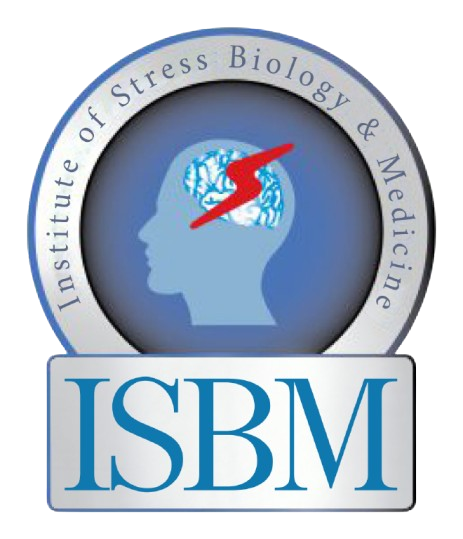Reaserch....
Lorem ipsum dolor sit amet, consectetur adipiscing elit. Ut elit tellus, luctus nec ullamcorper mattis, pulvinar dapibus leo.
Lorem ipsum dolor sit amet, consectetur adipiscing elit. Ut elit tellus, luctus nec ullamcorper mattis, pulvinar dapibus leo.
Item #2
Item #3
Research and Insight
Explore the latest scientific findings and professional guidance on stress and emotional well-being. This section brings together in-depth research, expert commentary, and real-world applications. From the biology of stress to effective therapies, we offer evidence-based content for diverse audiences.
Whether you’re a healthcare provider, educator, or concerned individual, you’ll find resources here. Our goal is to inform, support, and empower mental health through science and education.
Neurobiology of Stress in Urban Environments
Research shows that chronic exposure to noise, density, and pollution affects brain structure and function. Urban stress can elevate cortisol levels, disrupt sleep, and impair memory and decision-making. These effects are more pronounced in vulnerable populations, such as children and older adults.
Understanding urban stress helps guide urban planning and public health interventions. Our institute studies how built environments contribute to chronic stress syndromes.
Mindfulness vs. CBT: What Works Best?
Both mindfulness and cognitive behavioral therapy (CBT) are evidence-based strategies for stress reduction. CBT focuses on restructuring negative thoughts, while mindfulness cultivates present-moment awareness. Studies show CBT may be more effective for clinical anxiety, while mindfulness helps with chronic stress. The best approach often depends on the individual’s needs, background, and treatment goals. Our programs integrate both to offer flexible, tailored interventions.
Recent Advances in HRV Biofeedback
Heart rate variability (HRV) biofeedback has emerged as a powerful tool in stress management. It teaches users to regulate autonomic function through breath and rhythm training.
New wearable tech allows real-time HRV tracking and personalized feedback. Research links improved HRV with better emotional control, sleep, and physical health. Our institute uses HRV to complement therapy and self-regulation programs.
How Stress Affects the Immune System
Prolonged stress weakens immune defenses, making the body more susceptible to illness and infection. It can increase inflammatory markers and delay wound healing or vaccine response.
The brain-immune connection plays a key role in chronic diseases like cardiovascular and autoimmune disorders. Understanding this link opens pathways for stress-related prevention and treatment strategies.
We collaborate with immunologists to translate research into clinical practice.
Stress Journal
Our digital and printable stress journal offers daily prompts for reflection and awareness. It helps users track mood, triggers, physical symptoms, and coping strategies. Based on CBT and mindfulness, it’s a guided tool for emotional self-awareness.
The journal promotes consistent reflection and insight into personal stress cycles. It’s an ideal resource for both individual use and therapist-guided sessions.
Guides for Daily Stress Management
These downloadable PDFs provide step-by-step strategies to manage everyday stress. Topics include breathing exercises, grounding techniques, time management, and lifestyle tips.
The guides are designed to be accessible for all ages and skill levels. Developed by clinicians, they are easy to integrate into daily routines. They complement our therapeutic programs and educational outreach.
Contributions from Leading Experts
Our content features articles and essays by psychologists, neuroscientists, and therapists.Topics range from trauma-informed care to emotional resilience in schools and workplaces.
Each piece offers a blend of research, clinical insight, and real-world application. We highlight diverse voices in the field to foster inclusive and current perspectives. New contributions are published regularly to reflect the latest in stress science.
Stress and Environment
Research shows that chronic exposure to noise, density, and pollution affects brain structure and function. Urban stress can elevate cortisol levels, disrupt sleep, and impair memory and decision-making. These effects are more pronounced in vulnerable populations, such as children and older adults. Understanding urban stress helps guide urban planning and public health interventions.
Our institute studies how built environments contribute to chronic stress syndromes.
